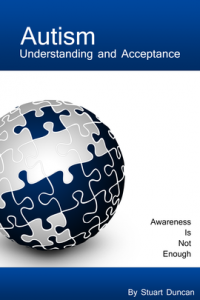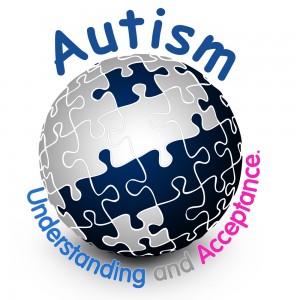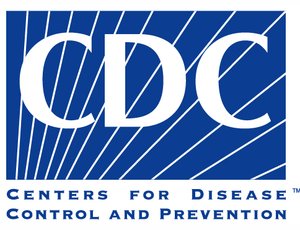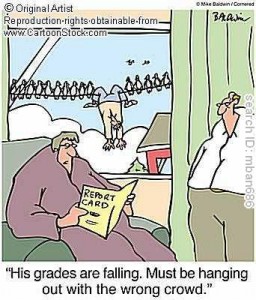Actually, there’s several issues with awareness but for the sake of this being just a simple blog post, let’s stick with the main problem, as I see it:
Awareness breeds fear.
Childhood Awareness
So what happens when a child becomes aware that there are monsters in the world? Real or fictional doesn’t matter, they’re children.
When a child become aware that monsters exist in tales and bed time stories… they fear them. Can you blame them? They’re monsters. But not all monsters are created equal. It could simply be a “bad man” in the story.
They don’t know what the monsters look like, sound like, feel like… they just know to be scared.
When a child becomes aware of thunder and lightning, quite often, they will fear it. They don’t know what is making that noise but they know to be scared… because they’re aware.
When a child becomes aware of an aunt that has a mustache… well, you get the idea.
The point is, it’s an instinct that usually doesn’t need to be taught or developed… people fear what they are aware of, but do not understand.
Adult Awareness
The proof speaks for itself through out history with differences in races, sexuality… even geography!
If you were to take all of the movies/stories based on aliens and work out the numbers, I would wager that the ones where aliens are evil and want to kill us all far out weigh the stories where the aliens are friendly and all is good in the universe.
Granted, the evil killing aliens makes for a better story and will earn more money but still, the point is, we fear alien invasion because we’re aware but do not understand.
Some adults learn inner peace and work on just being understanding and accepting before the fact… to practice acceptance before awareness. But the people that can do that are very very rare.
Disability Awareness
It’s funny how far understanding can go really. Do we live in fear of cancer or AIDS? Well, sort of but I wouldn’t say we look down on anyone that we meet that has them. Why is that? They’re deadly diseases. We’re certainly aware of them.
Thanks to some very prominent and effective information campaigns over the years, most people have a pretty basic understanding of them. Cancer is not contagious, it happens or it doesn’t. You get regular checks and do checks yourself and if you catch it early enough, and depending on the type, you could be fine.
AIDS, sexual contagion, use protection… yatta yatta yatta. I won’t bore you. You know this stuff.
Now, take stuff that isn’t a disease. That isn’t deadly. That is… mostly unknown.
This is the stuff that shouldn’t scare anyone. But it does. And why? Because it’s not understood.
Whether it’s Down Syndrome, Autism, ADHD… why would these things cause others to fear the person that has them?
Well, it’s because people are aware of Autism, but they don’t have a clue what it is, what it does or how to recognize it. It’s just… out there. They know it’s out there. Thanks to awareness campaigns.
See the difference? Deadly diseases get information campaigns on the signs, who to talk to, how it affects people… neurological disorders get awareness campaigns. They just tell you it’s out there… the end.
Awareness -> Understanding -> Acceptance
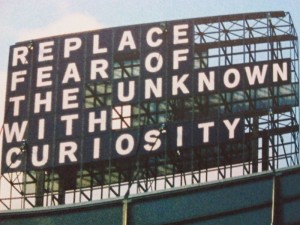
I like to think of awareness as the first step. You can’t understand something if you are not even aware of it.
Now that most people are aware of it’s existence, the next step, which is where most of us struggle, is the understanding.
I think it’s time that people moved beyond awareness and stopped being afraid.
The thing is, a lot of people want for society to move straight on to acceptance of those with down syndrome, autism or any other disability and in a perfect world, this would be the ideal.
However, there is a natural path to these things.
First comes awareness, then there is understanding and finally, acceptance.
People are funny creatures like that.
People will fear what they do not understand (but are aware of) and they only accept a situation once they understand it.
That leaves us with the problem… how do we help society to understand?
Because I can assure you that until we figure that out, all this awareness will only result in fear and will only make moving on to acceptance that much more difficult.



